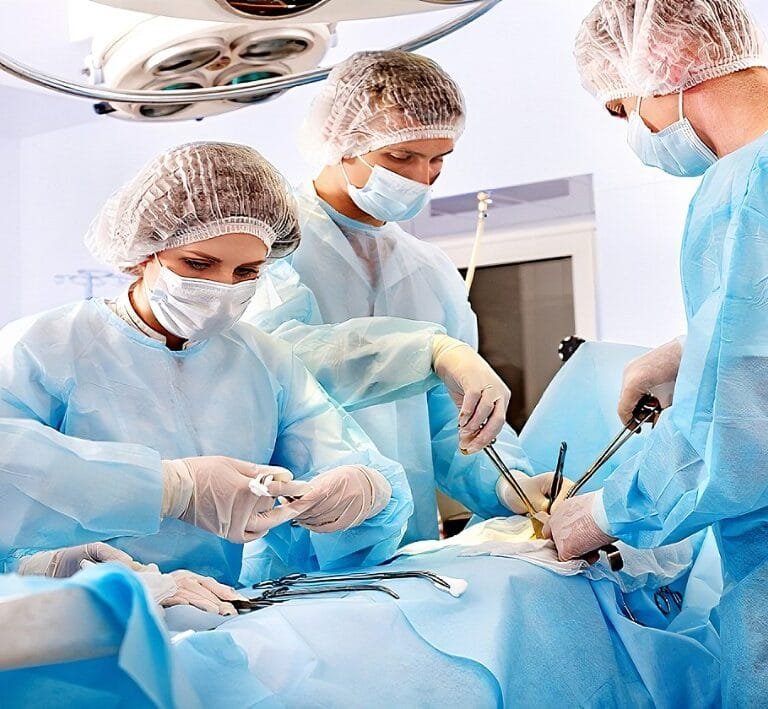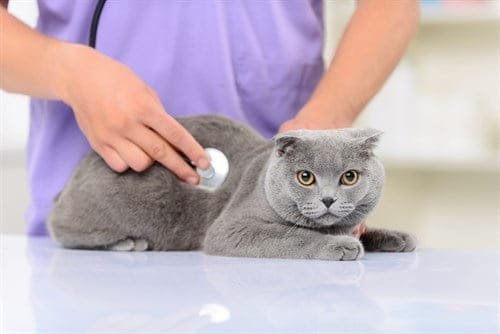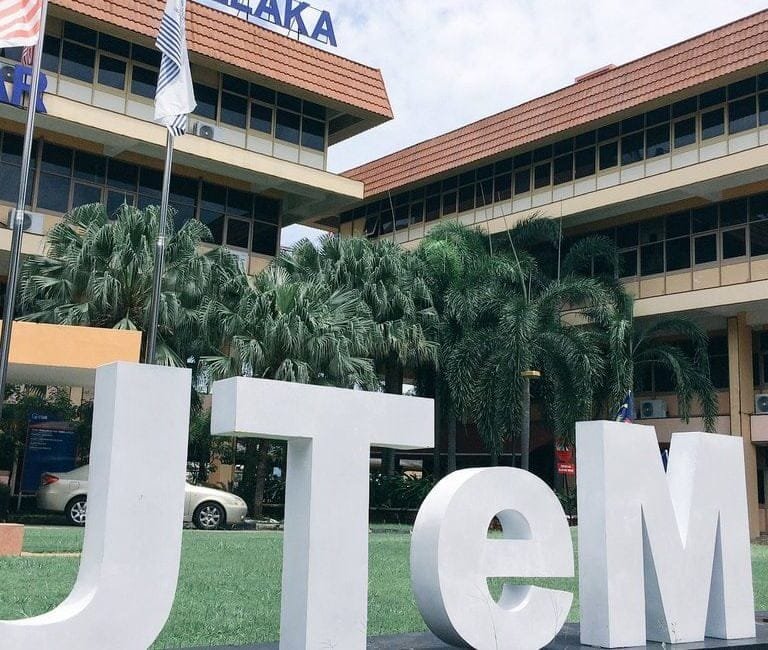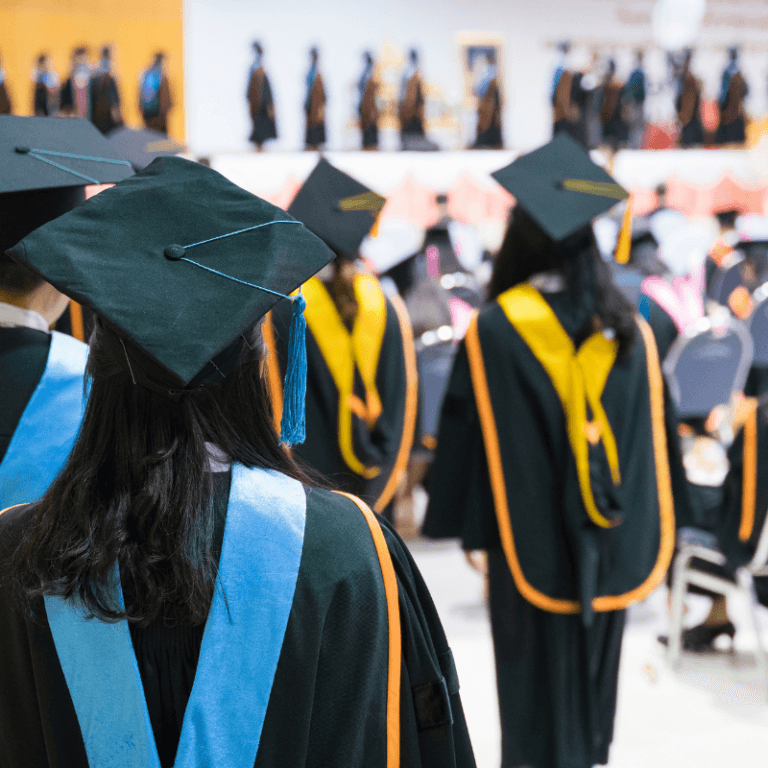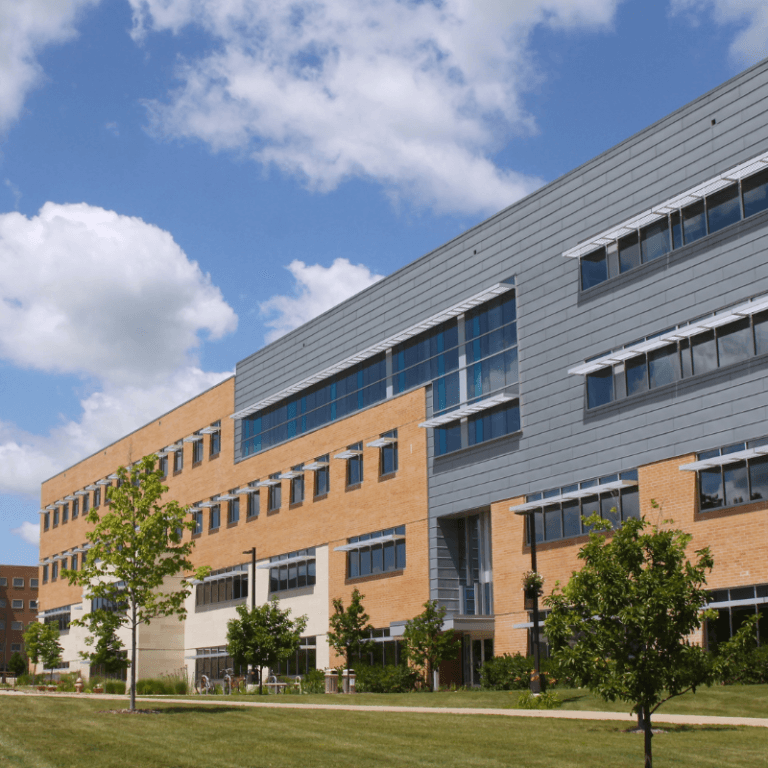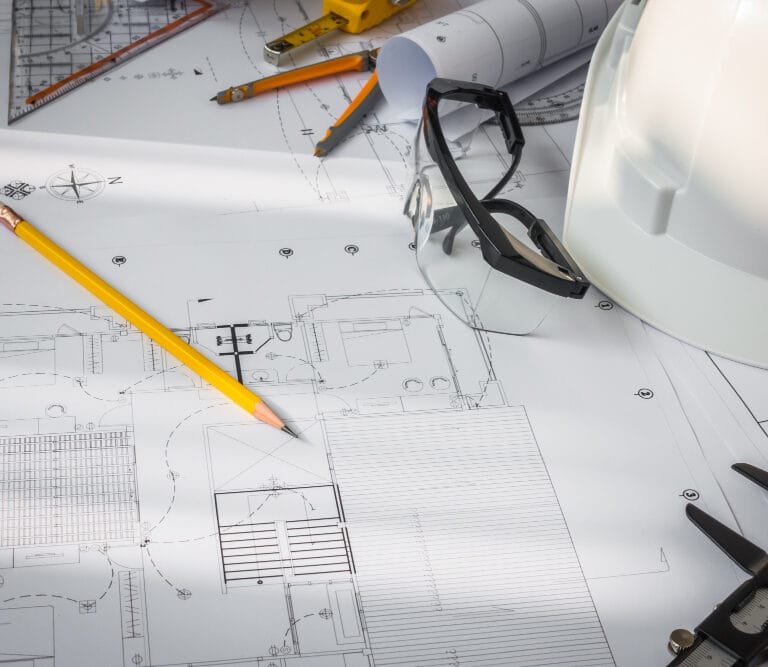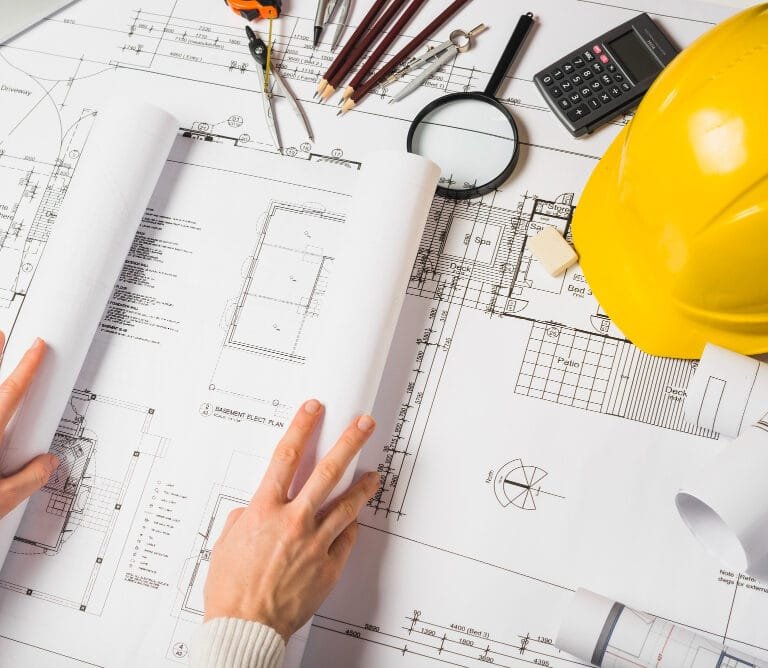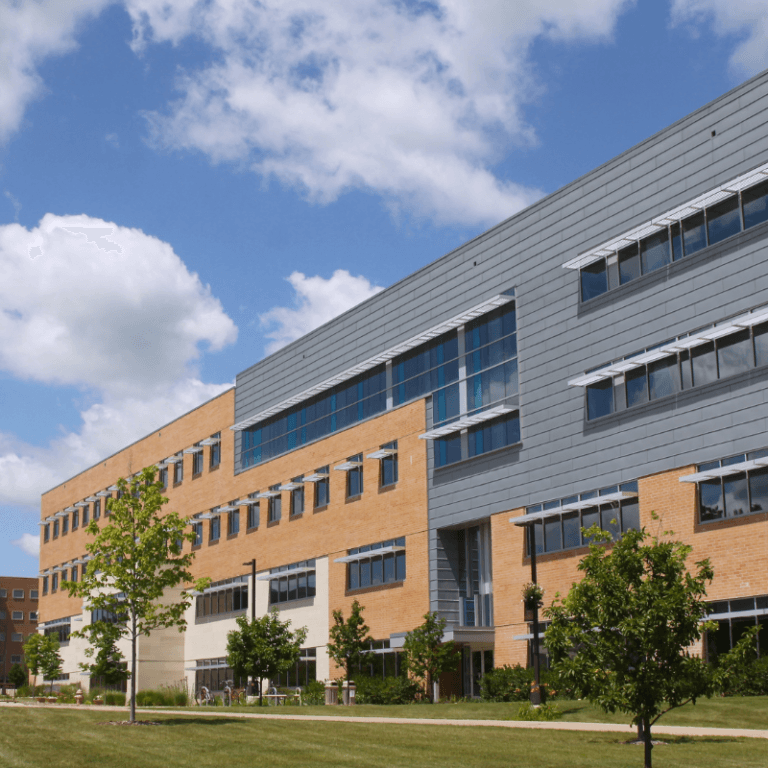About the specialty
The goal of studying the “Aeronautical Engineering” major, also known as “Flight Engineering,” is to qualify graduates and aeronautical engineers capable of carrying out all tasks within the field of aeronautical engineering.
This specialization includes many fields such as aircraft design, aircraft control, development of sensor and control systems, in addition to the design of propulsion systems and advanced electromechanical systems.
Today's article will provide us with all the information we need about aeronautical engineering, and how this subfield emerged since the early twentieth century as a specialty based on previous engineering experiences and ideas. In light of this knowledge, we will be able to make the appropriate decision regarding choosing the appropriate field of study for us, whether it is aeronautical engineering or another
Universities, fees and costs
| University Name | Class | Annual tuition fees | more details |
| UNIKL University of Kuala Lumpur | Bachelor of Aviation Management (Hons.) | 3000 Dollars | more details |
| MSU University | Diploma in Aircraft Maintenance Technology | $15,000 | more details |
Required academic qualifications
To obtain the academic qualifications required to study in the field of aeronautical engineering, the following conditions must be met:
1. Understanding mechanical processes: Interaction in the field of aeronautical engineering requires a deep understanding of the mechanical and dynamic processes that occur within aircraft and their systems.
2. Enrolling in a science track in high school: It is preferable to choose a science track in high school, as this track provides basic lessons in mathematics, physics, and chemistry, which are essential for understanding the principles of aeronautical engineering.
3. Good level in Mathematics, Chemistry and Physics: Good performance should be achieved in science and mathematics related lessons, as understanding of aeronautical engineering concepts relies heavily on these subjects.
4. Obtaining a good GPA in high school: It is preferable to obtain a good GPA in high school, as good performance in high school demonstrates the ability to achieve academic achievement and prepare for university study.
5. Understand aerodynamics and thermodynamics: You must have a good understanding of aerodynamics and thermodynamics, which are basic concepts in aeronautical engineering that are used in the design and analysis of aircraft.
6. STEM skills: You must have strong skills in science, technology, engineering, and mathematics, known as STEM. Aerospace engineering relies on these skills to research, develop, and apply engineering solutions.
The most important skills required
To be one of the best engineers in this field, you must develop these skills within you, which are:
1. Problem solving and analysis: Develop problem solving and deep analysis skills to understand the roots of problems and provide effective solutions.
2. Attention to detail: Develop the ability to pay attention to fine details and focus on small matters that may be crucial in solving problems.
3. Accuracy, efficiency and honesty: Work accurately and efficiently, and adhere to ethical standards and honesty in all work.
4. Fitness and physical health: Maintaining high physical fitness and physical health, which contributes to withstanding stress and working efficiently in difficult circumstances.
5. Simplifying the complex and communicating: The ability to simplify complex issues and explain them clearly to others, and communicate effectively to exchange information and ideas.
6. Working in difficult circumstances and making decisions: The ability to work under pressure and make logical and analytical decisions in difficult circumstances.
7. Communication and teamwork skills: The ability to communicate effectively and work in harmony with work teams, and the ability to represent an essential part of the team and contribute to achieving common goals.
The most important areas to study in this major
- AerodynamicsAerodynamics, or the science of aerodynamics, focuses on designing an aircraft's exterior to generate the force necessary to overcome gravity.
- Control and stability engineering It deals with how to control an aircraft and maintain its stability in the air.
- Science of payment systems It focuses on the design and manufacture of turbofan or jet engines to provide the necessary power for the movement of an aircraft in the air. Here thermodynamics, gas dynamics and chemical properties of fuel in the aircraft industry come to influence this science.
- Construction and structural engineering It focuses on the design and manufacture of aircraft structures and the selection of appropriate materials to achieve a strong and durable design that can withstand weather forces.
- Avionics It deals with aviation electronic systems such as autopilot, navigation systems, radar, communications, as well as the lighting system.
The most important universities in aerospace engineering
- Massachusetts Institute of Technology (MIT) in the United States of America.
- Georgia Tech in the United States of America.
- University of Michigan, Ann Arbor, USA.
- School of Aeronautics and Astronautics at Purdue University in the United States of America.
- California Institute of Technology (Caltech) in the United States of America.
- King Abdulaziz University in the Kingdom of Saudi Arabia.
- Jordan University of Science and Technology in Jordan.
- Emirates University in the Emirates.
- Khalifa University in Dubai.
- Cairo University in Egypt.
Career paths in this specialty
Aerospace Engineering graduates have a wide range of skills and knowledge that enable them to work in various areas of the aviation industry. Here are some of the career fields and jobs graduates can get:
- Operation Engineer: The role of the operations engineer is to manage and operate aircraft systems and ensure the safety and effectiveness of their operations. They analyze data and provide technical support to aircraft crews in case of need.
- Maintenance Engineer: The maintenance engineer performs and manages preventive and corrective maintenance of aircraft. They ensure that aircraft are ready to fly by providing necessary maintenance and troubleshooting.
- Manufacturing Engineer: Manufacturing engineers develop and improve aircraft parts manufacturing processes. This includes designing production processes and updating technologies to improve quality and efficiency.
- Design Engineer: Design engineers develop designs for aircraft and their parts using software and engineering tools. They analyze needs and develop innovative design solutions that meet modern aviation requirements.



